Your Child Will Learn
Vocabulary to talk about different times of the day
Here’s What to Do
- Ask your child to give examples of things that happen every day. Make a list of their answers. (Examples: teeth brushing, getting dressed, reading a story, potty time, eating lunch, going to school, etc.)
- Make a flashcard of each event. Draw a symbol (like a shirt for getting dressed and a toothbrush for brushing teeth). Write a label underneath, then cut it out. Ask your child to color the flashcard (some children may be able to help draw as well). Alternately, take photos of your child doing each activity and print out the pictures.
- Ask your child to place events in the order of their daily routine. Tape or glue them onto a piece of paper.
- Ask your child to explain their daily routines. Prompt them to describe events with time vocabulary like “in the morning,” “at noon”, or “after dinner time.” (Optional) display your routine posters so your child can reference them each day.
Put PEER Into Action
PAUSE
- Find a quiet space to work together, sit down and pause to feel your body sitting in the chair. Okay, you’re ready to begin!
ENGAGE
- “What are some things you do every morning before school? What are some things you do every night before you go to sleep?”
- “Can you follow the pictures and tell me about your whole day? What do you do first? When?”
ENCOURAGE
- “Hmmm… it looks like you put storytime in the morning. Do you usually read bedtime stories in the morning?”
- “What time of day do you come home from school?”
REFLECT
- How can we start using more time words to describe our routine (like: ‘school starts at 9 AM’)
Not Quite Ready
Make the event flashcards for your child and focus on sorting them into morning/night routines
Ready for More
Add drawings of clocks or numbers to the chart to indicate the times things usually happen
As Your Child Masters This Skill
They will be able to talk about their daily routines using some time vocabulary like “in the morning,” or “afternoon.”
Time to Complete
15-30 minutes
Materials Needed
Paper, crayons/colored pencils/markers, scissors, tape/glue
